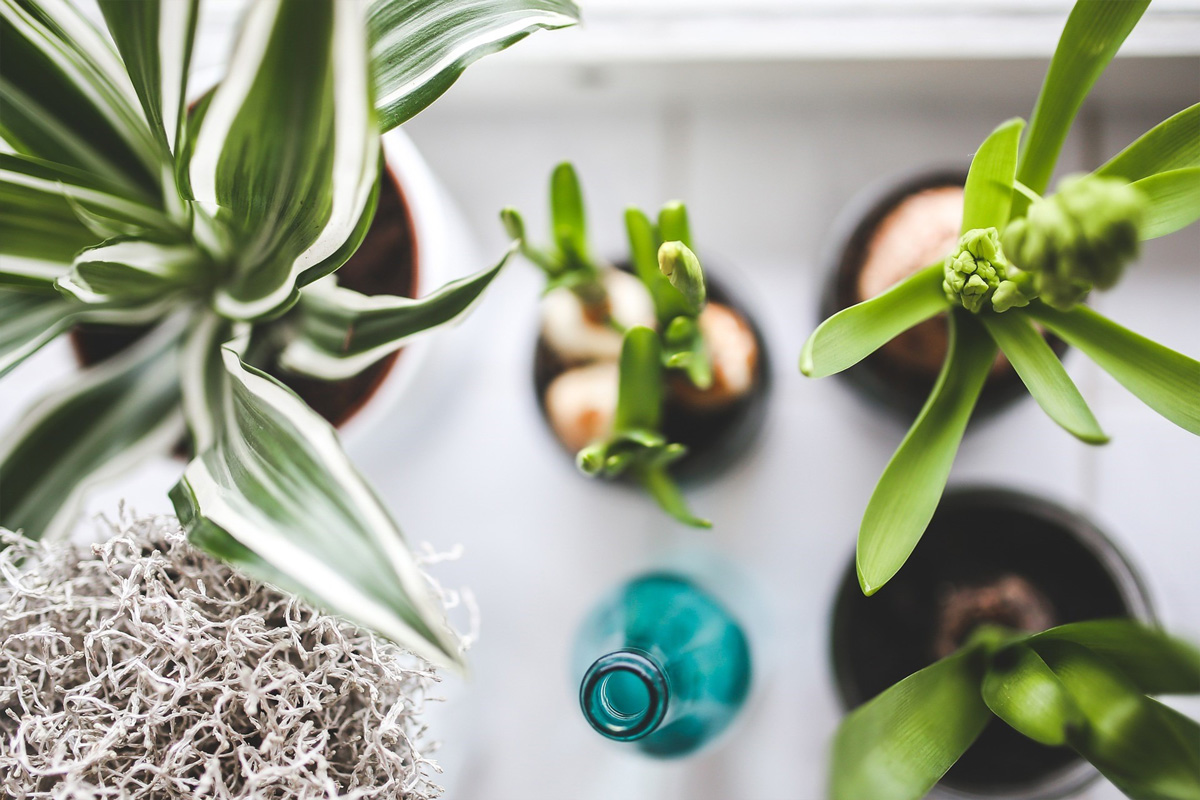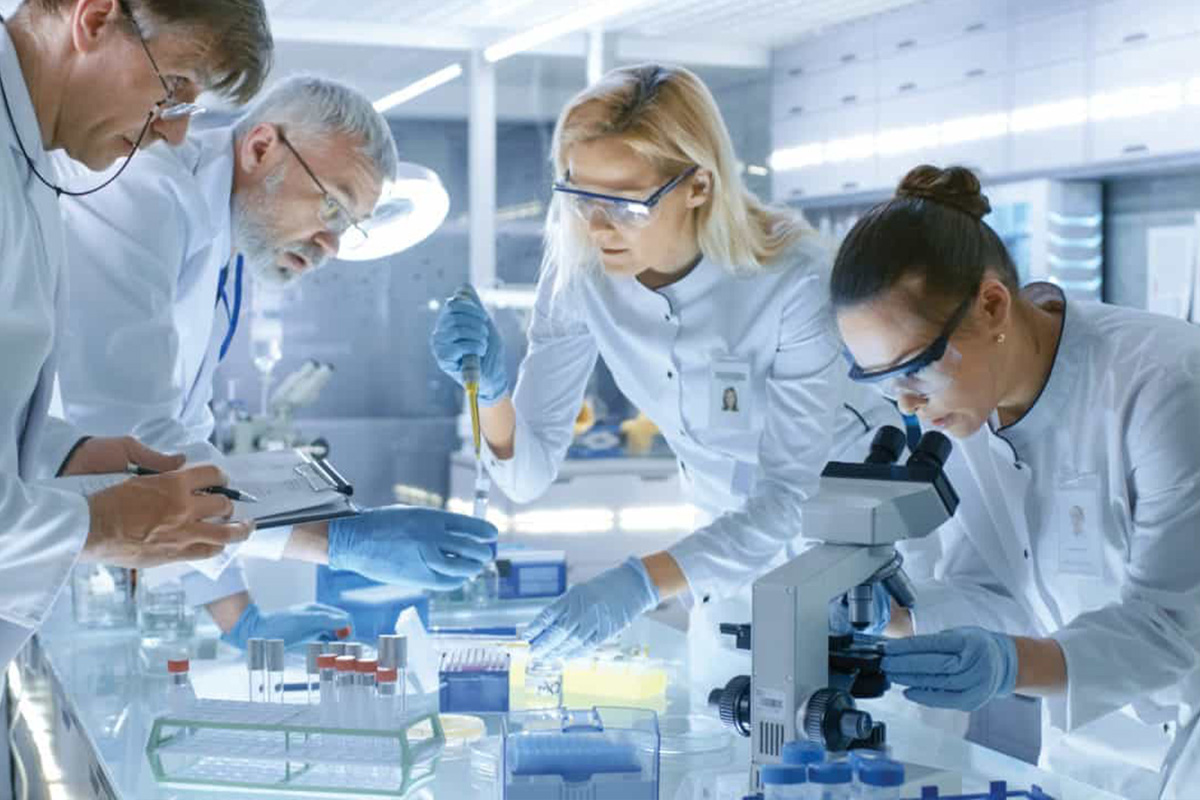Cannabinoid (CBD) would not typically register as positive on drug tests. However, many CBD products contain trace amounts of tetrahydrocannabinol (THC). Because of a number of factors such as sourcing and mislabelling, there may be more THC present in the CBD products than labeled.
These factors may result in the drug test coming up positive. Also, there are a variety of screening tests, and each varies in i
ts window of detection. For example, urine tests are the most common, and saliva testing is rising in popularity, with different tests yielding different results.

What Is Cannabidiol (CBD)?
CBD or cannabidiol is a non-psychoactive compound found in the cannabis plant. Although CBD is an active ingredient derived from marijuana, it can also be directly derived from hemp, a cousin of the marijuana plant (1).
The difference between hemp and marijuana is that tetrahydrocannabinol or THC is present in higher quantities in the cannabis plant whereas there are only trace amounts (0.3%) present in hemp. The source of where the CBD is derived from is very important as legal requirements state that CBD oils derived from hemp must not contain more than 0.3% THC.
CBD is often labeled as a therapeutic remedy for a number of different health conditions such as pain, epilepsy, anxiety, multiple sclerosis, and more (2). However, with relaxing laws around CBD products, there has been an influx of new products in the market, and with these new products, there may be inaccuracies in the labeling and making of the products (3).
Drug Tests for Cannabis
The most common drug test for cannabis is a urine sample; however, a blood test may be requested as well. THC is the most common marker which is checked in these tests, and there are different windows for how long THC stays in your system. A Swiss study found that smoking CBD-rich products for ten days as toba
cco substitutes left no trace of any cannabinoid in the blood. However, in the urine samples, there was an increase in THC levels which is important for abstinence testing (4).
THC is present in urine for a longer time, so a urine test will look for previous use as opposed to a blood test or a saliva test. Blood tests and saliva testing both have a shorter testing window and test recent use (24 hrs) (5).
Why Might CBD Show Up on Drug Tests?
Using a CBD product shouldn’t give you a positive result on a drug test because the legal requirements state that CBD products derived from hemp cannot contain more than 0.3% THC (6). However, there are a number of factors that can lead to a positive test result.
Where CBD Comes from Is Important
Why does it matter where your CBD comes from? The original source from which the CBD product comes from is quite important as it can have an impact on the THC concentration in the CBD products. CBD extracts from hemp is legal at the federal level because the plants have a high CBD to low THC ratio (less than 0.3%).
However, hemp produces fewer cannabinoids than cannabis. This makes extraction from cannabis more appealing as more CBD can be extracted, but you also run the risk of a higher THC concentration in the final product through this method.
It is also important to note that while CBD products derived from hemp are legal, CBD derived from cannabis is illegal on the federal level yet legal under certain state laws
Mislabelling
Mislabelling or inaccurate information on the product labels may result in a positive drug test as many of these products may be unregulated. The actual content of CBD in the product may differ from what the label says. The FDA had found that after testing several products, many were found to not contain the levels of CBD which they claimed to have (7).
Another study looked at the range of different CBD products that were available online and had found that THC was detected in 21% of the samples purchased. The study also concluded that although CBD doesn’t appear to cause adverse effects at large doses, the THC content in some of these products may cause intoxication (8).
This may put both the seller and purchaser at risk of criminal prosecution as the levels of THC is higher than the legal limit despite THC not being labeled as part of the product.
Currently, there are only three FDA approved drugs that contain cannabinoid extracts. If you are purchasing or using CBD products, be aware of the laws around these products. Also, look for a product that provides lab-tested results of the CBD and THC concentrations to make sure you are getting what is advertised.
The Bottom Line
CBD theoretically should not show up on drug tests. However, if the THC content in the product is greater than 0.3%, your drug test might come up positive
Differences in the labeling and manufacturing of CBD products can result in inaccurate information about what’s actually in these products. Therefore, if you are purchasing CBD products, consult with a doctor, and choose a credible product that has the necessary lab testing in place.



